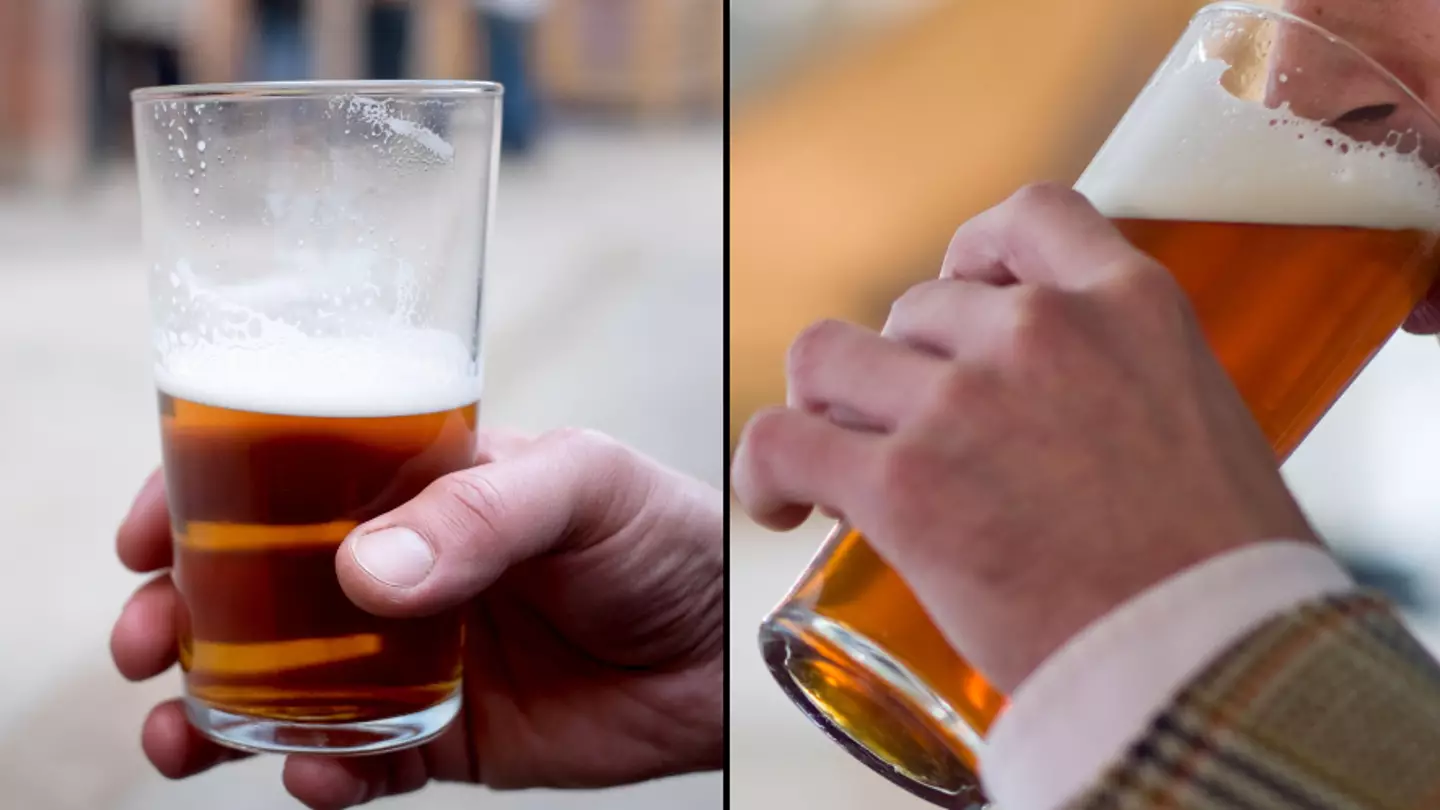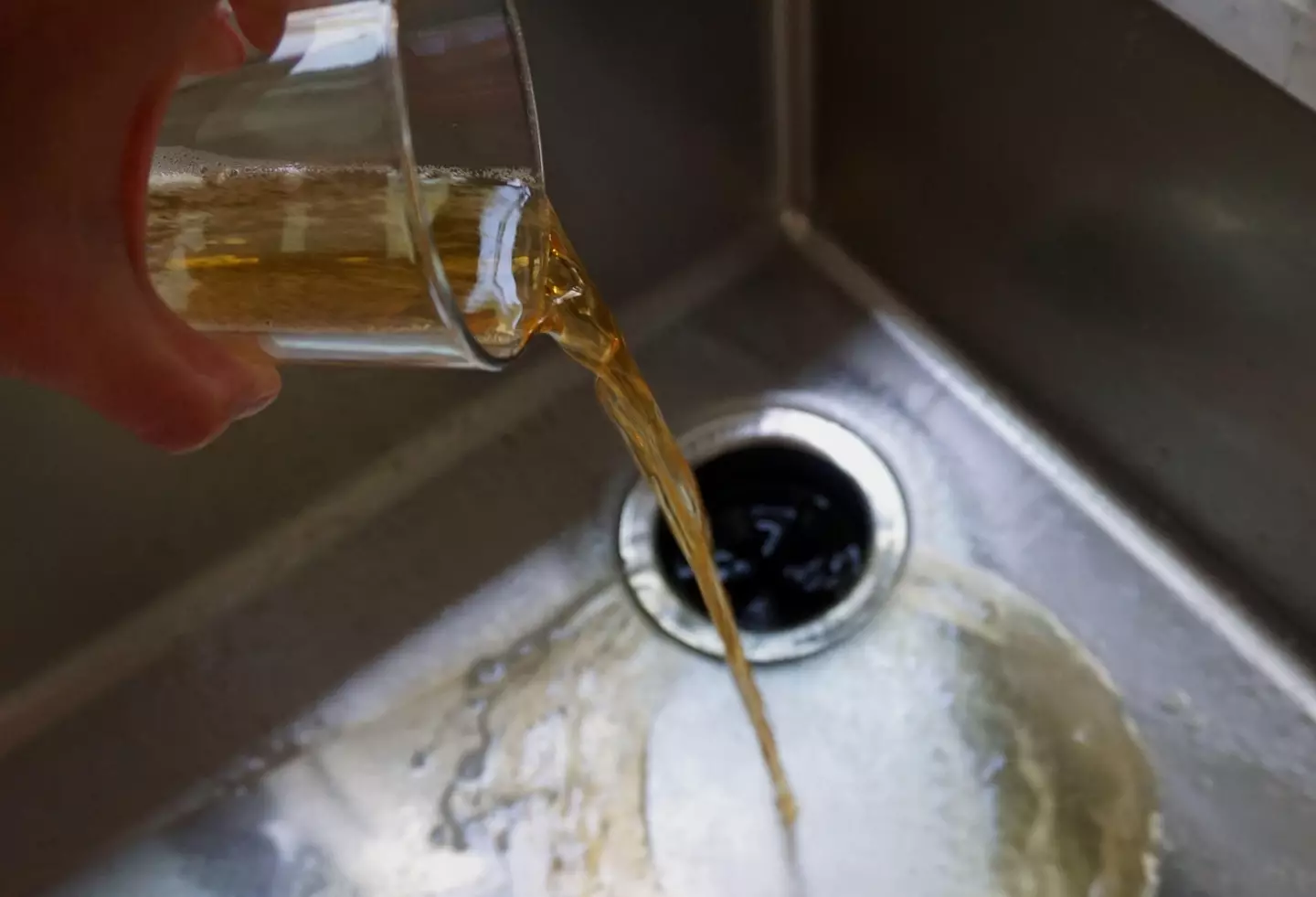
This January, people all over the world have been challenging themselves to give up alcohol.
Dry January, as it's known, has been growing in popularity since it began back in 2013, but what really happens to your body when you give up booze for a month?
Well, the Priory Group has answered that very question, and let's just say that the facts will probably be enough to get you through the last day of January completely sober.
The organisation began by explaining that when you give up alcohol, your body may go into withdrawal - although its severity depends on the amount and frequency of your drinking.
Advert
They explained that the first 24 hours could see you experience mild symptoms, which can start as soon as two hours after you finished your last drink (presumably at 11:59 pm on December 30).
In a nutshell, if you drink alcohol every day, you're going to feel it after 24 hours in a way that a weekend-only drinker won't.

Some of the symptoms that you can expect if you fall into this heavy drinking category include anxiety, hand tremors and shakes, sweating and headaches.
Perhaps unsurprisingly, these symptoms will worsen over time and you may have felt tired and depressed as your Dry January continued.
Advert
If you have an alcohol dependency, the worst time for you will be between 12 and 72 hours after you stop drinking, and it is possible that you could experience what's known as delirium tremens (DTs).
This is basically what it sounds like, and it can involve hallucinations, disorientation, sweating and high blood pressure.
Thankfully, if you're able to get through this, things will quickly take a turn for the better and your symptoms should start to ease off between 48 and 72 hours after you take your last drink.
Between days three and seven, the majority of people shouldn't be experiencing any withdrawal symptoms - although there are exceptions if you're extremely dependent on alcohol, in which case, medical supervision is advised.

Advert
After a week of no booze, once you get through the hard bit, you can expect to see some general improvements to your day-to-day life including better sleep quality, better decision-making, and you might even notice that you feel more creative.
At this point, it's also worth noting that you'll probably be saving a fair bit of money too.
By the time you've given up alcohol for two weeks, the lining of your stomach should be normalised - as well as its production of acid.
You may also notice that you're losing weight because alcohol contains a lot of empty calories.
The third week of no booze is arguably when you will begin to see the most life-changing differences as your risk of having a heart attack or stroke will decrease at this point.
Advert
You may also experience better vision - and your kidney health will begin to improve now that it's had a break from processing so many toxins.

While a week isn't a long time normally, when it comes to experiencing positive changes from giving up alcohol, it can make a big difference.
Namely, to your skin, as your hydration will have improved significantly, which can have an anti-ageing effect.
Once you've stopped drinking for a month, your liver will have recovered all of its function too. Other benefits of the booze-free lifestyle also include weight loss, better memory, higher levels of concentration, much better sleep quality and, of course, a much healthier bank balance.
Advert
So, while you might have a hard time when you initially give up drinking, it's pretty safe to say that there are some major benefits to Dry January - and potentially a totally sober lifestyle.
Topics: Health
